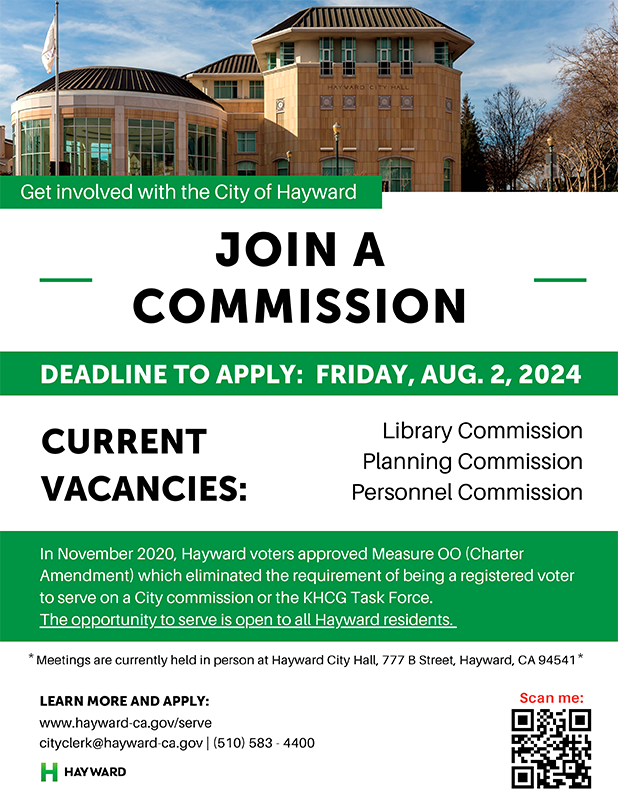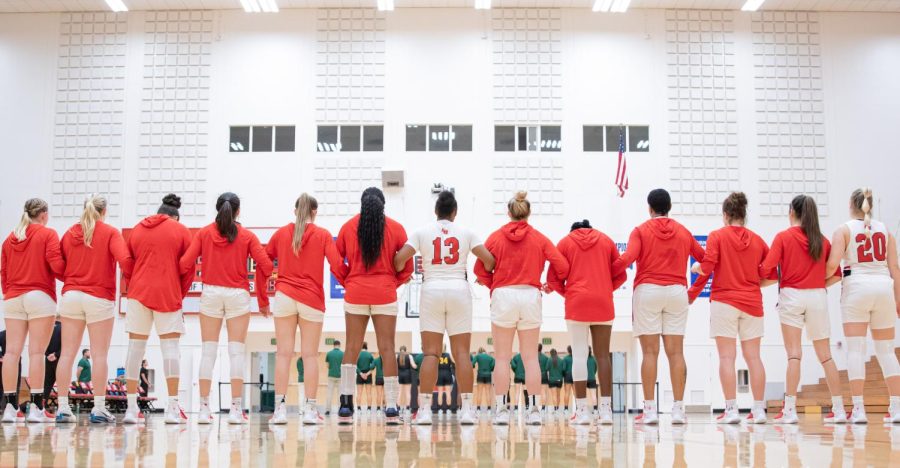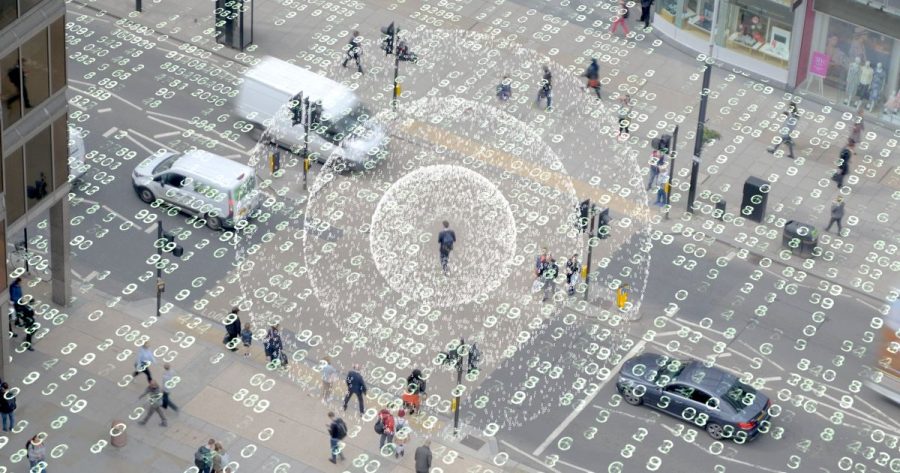With Martin Luther King Jr. Day we have an opportunity to look into our history and call upon a legacy that continues to help shape a world that is constantly embroiled in conflict.
There are always lessons we can learn from the past but it is the choosing of those lessons that ultimately decides whether we have learned anything at all.
Martin Luther King Jr. has indubitably left behind a number of invaluable lessons and legacies we can directly implement to better the world around us.
In the famous “Letter from Birmingham Jail,” MLK responds to the concern of his fellow clergyman that his actions have been “unwise and untimely” by invoking the maxim “justice too long delayed is justice denied.”
It is also that very “untimeliness” that helped create the social pressure necessary to make injustice evident in Birmingham.
Disregarding social etiquette by acting out in an untimely manner is a powerful tool we can use to combat the misdeeds of today. Whether it means holding your friends accountable in front of others or anything else, the same tool MLK used to fight segregation can also be implemented in our everyday lives.
Many of the problems that existed during the ‘60s still persist both subtly and blatantly in modern society.
The Federal Bureau of Investigation reported that in 2010 there were 6,628 hate crime incidents with 8,199 victims involved in those cases.
Of those incidents, 47.3 percent were racially motivated, with the next closest category belonging to religious bias at 20 percent. According to the FBI, 69.8 percent of racial bias was anti-black and 65.4 percent of religious bias was anti-Jewish. Also, 1,040 incidents were based on perceived nationality, of which 65.5 percent were founded on anti-Hispanic bias.
During the ‘60s, MLK drew upon the accomplishments of Gandhi in India to address this kind of bigotry through nonviolent direct action in what was ultimately an enormous success for the Civil Rights Movement. The nonviolent action in both movements has roots in what Karen Armstrong – a TED speaker and author – calls the Golden Rule.
Armstrong has stated the rule in two parts, namely “Always treat all others as you would like to be treated yourself,” and “Don’t do to others what you would not like them to do to you.”
This rule can be found in many traditions all around the world and very early evidence of it stems from the famous personage in Jewish theology, Rabbi Hillel. Armstrong, during a TED presentation, quotes his version of the rule as “That which is hateful to you, do not do to your neighbor. That is the Torah and everything else is only commentary.”
This is particularly striking in light of the conflict between Israel and Palestine, a conflict that is representative of how many principle tenets of religion are not followed by their faithful.
According to the Washington Post, Israel recently stripped Palestinian President Mahmoud Abbas of his VIP card that allowed him to travel freely as part of a “technical glitch” in what may have been a response to his attempts to bring Palestine into the United Nations.
While the issue is much more complex than one side failing to treat the other as they would themselves, much of the deadlock between the countries is still created by the inability to follow the Golden Rule.
The legacy of MLK can be captured in part by the “untimeliness” and Golden Rule aspects of the Civil Rights Movement.
From Birmingham, MLK stated, “Just as Socrates felt that it was necessary to create a tension in the mind so that individuals could rise from the bondage of myths and half-truths to the unfettered realm of creative analysis and objective appraisal, we must see the need for nonviolent gadflies to create the kind of tension in society that will help men rise from the dark depths of prejudice and racism to the majestic heights of understanding and brotherhood.”
As college students, we pay to create this tension of the mind. To foster understanding and brotherhood we must take that one step further to make obvious the inequities that exist within our society and remember the Golden Rule once we have unveiled them.














